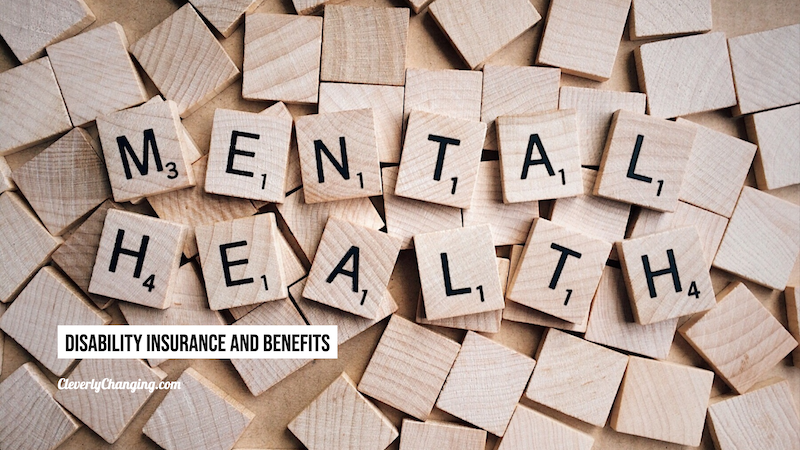Mental health conditions plague a large percentage of the population. Mental health issues can range from mild to severe and often negatively impact a person’s life. Those who suffer from mental health conditions often wonder whether or not they are eligible for disability insurance or benefits. Being aware of the benefits that are available is vital.
What Is Disability Insurance?
When individuals consider the subject of disability insurance, they often inadvertently get it confused with Social Security Disability. Individuals who have a mental health disability may be entitled to collect payments via their purchased health insurance policy. Long-term disability coverage is meant to provide payouts to those who suffer from an approved health condition that prevents them from working.
Are Mental Health Conditions Covered in Disability Insurance?
It is important individuals are aware they have rights to the same coverage as those without mental health conditions. You have the right to the same level of complete coverage, though mental health patients sometimes are required to pay more for the same coverage or may face policy exclusions.
Many mental health conditions can be covered by long-term disability insurance, but there could be some policy exclusions when the mental health condition began before the purchase of the policy.
There is no definitive answer on whether or not a mental health condition is covered. Therefore, it is important individuals check with their policy to determine their coverage limitations. When denials come, sometimes individuals need to seek legal help in the process.

What Can Be Done If a Mental Health Condition Is Denied?
If you file a claim for long-term disability due to a mental health condition and the claim is denied, there are steps that can be taken. According to The National Alliance on Mental Illness, one in five adults in the U.S. suffers from a mental illness.
If you are denied your claim, there are steps that must be taken to file an appeal. Submitting a formal appeal may mean a hearing takes place before an administrative law judge so the decision can be made on whether or not you receive benefits.
While hiring legal counsel is not required, many disabled individuals end up feeling more comfortable having legal help. The lawyer will guide you in all of the steps involved. Then he or she can negotiate with the insurance company to hold them accountable for paying on the claim. A lawyer can sometimes get the denial reversed so their client is able to receive the short or long-term disability benefits they deserve.
Conclusion
As a mental health patient, there are certain rights afforded to you under the law. The right to insurance coverage and disability benefits can sometimes be infringed upon. Filing a claim with an insurance company is often intimidating because the insurance adjuster is not always fair in their settlement of the claim.
Individuals are often denied disability payments for mental health issues. However, getting help from a lawyer can be beneficial in working towards overturning the denial decision. It is important you do not allow the insurance company to cause intimidation. They are there to work on your behalf and ensure the correct benefits are offered.
Mental health conditions can affect every aspect of a person’s life. Having coverage for this type of disability gives greater peace of mind.


